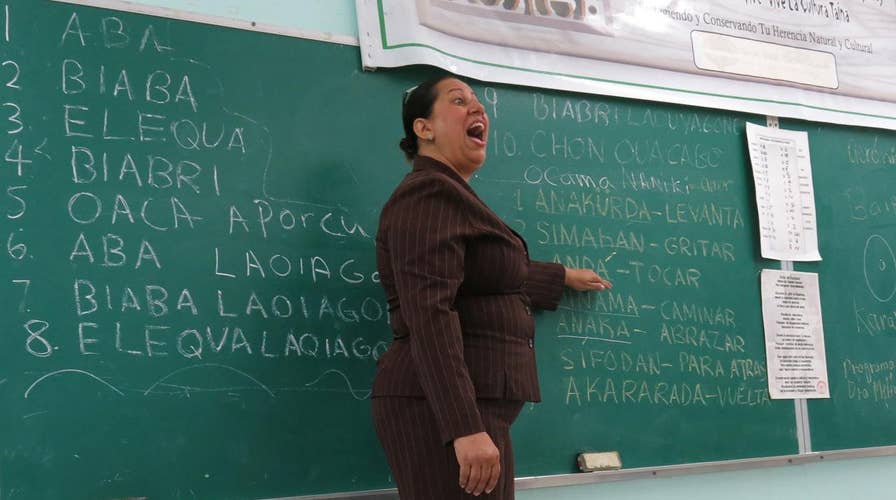Officials: 184 public schools in Puerto Rico to close
Largest mass school closure in island's history
While serving in the U. S. Congress, I had the pleasure of working with the leadership of Puerto Rico and experiencing the Commonwealth’s rich and beautiful culture. Its future now hangs in the balance due to a financial crisis and the leadership of Puerto Rico has decided the most expedient way to confront the crisis is through Title III bankruptcy.
While I don’t agree with this strategy, I understand it from a political standpoint: allowing a federal judge to make the difficult decisions that politicians would prefer to avoid.
Years of bad governance has led Puerto Rico to this point. Years of outspending its resources and borrowing billions of dollars from creditors.
Bankruptcy is a cop-out that not only absolves elected officials from making tough choices, but stretches out an already terrible situation and prevents Puerto Rico from having access to capital that is critical to its rebirth.
The creation in 2016 of the Puerto Rico Oversight, Management and Economic Stability Act (PROMESA) was a bipartisan effort on the part of the U.S. Congress and the Obama administration to find a way out of this mess and develop a fiscal plan for the country that only allowed bankruptcy as a last resort, after all other options had failed.
Unfortunately for the Puerto Rican people, all other options did fail. And now the government’s decision to file for bankruptcy will jeopardize the recovery of the Commonwealth.
By choosing to allow U.S. District Court Judge Laura Taylor Swain of the Southern District of New York to determine how to impose and manage the bankruptcy, Puerto Rico will stretch out the process, deny itself access to capital markets, and increase the possibility of numerous lawsuits by unhappy creditors.
The Puerto Rican people are witnessing an unemployment rate of over 12 percent, and over 45 percent of the people living in the island are living below the poverty line. Puerto Rico is also facing the critical issue that its pension programs are drying up. According to one news outlet, “The three main retirement systems in Puerto Rico are expected to "deplete" all their assets between July and December [2017].”
As an elected leader, it is difficult to see the people you represent suffer, but it is your responsibility to make the tough decisions and find a solution that will work.
Undeniably, the new governor of Puerto Rico, Ricardo Rossello, is facing an unprecedented budgetary and economic challenge. At $73 billion, the debt of Puerto Rico is the largest insolvency in U.S. history, far outstripping Detroit’s $18 billion restructuring in 2013. Due to a lack of funding, many critical government services across the island are at risk, including the health care system.
But this decision to file for Title III bankruptcy completely undermines the process designed by the U.S Congress, which was originally designed to resolve the situation out of the courts. And the reason for this is simple: by going to court, the debt crisis is stretched out over a long period of time which will only make everyone’s life on the island more difficult due to the uncertainty of the resolution.
The absence of clarity on how the bankruptcy will be restructured also makes investors nervous, and prevents capital from flowing into the island – where it is so desperately needed.
Congress, the oversight board for PROMESA and the governor have all refused to make the hard decisions necessary to move the island forward. And on May 1, the day a freeze on litigation expired, several creditors filed lawsuits against the Commonwealth for the lack of good-faith negotiations. Two days later, Governor Rossello announced he would file for Title III protections.
If the governor wants to show real leadership, he should walk away from Title III and start serious negotiations with creditors and all parties. A comprehensive, fair and transparent restructuring plan will be difficult, but it will be better for the people of Puerto Rico and put the island on a faster path to recovery.
Title III is a cop-out that not only absolves elected officials from making tough choices, but stretches out an already terrible situation and prevents Puerto Rico from having access to capital that is critical to its rebirth.
As a Congressman, my advice and counsel was often sought by America’s Hispanic communities and leaders in Puerto Rico. It is my hope they will still listen.

